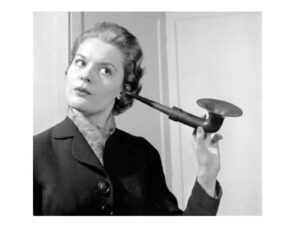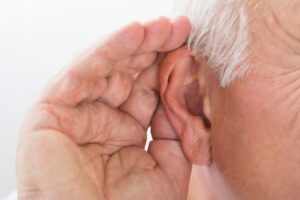
When you discover that you have loss of hearing, the first thing that most people think is will I get it back? The reality is, it depends.
Some wounds the human body usually has no problem mending. Like cuts, scrapes, or broken bones. But you’re out of luck when it comes to fixing the tiny nerves in your ears/cochlea. Scientists are working on it, but humans don’t heal the cilia in their ears the same way animals can. For people, if you injure these little hairs or the auditory nerve, you might have permanent loss of hearing.
90 percent of hearing loss is accounted for by what is known as sensorineural hearing loss, this kind of hearing loss is usually permanent. To explain: When hit by sound or sound waves, tiny little nerves in your cochlea vibrate. These vibrations are then changed, by your brain, into impulses that you hear as sound. Now, loud sounds can damage the hairs and, over time, permanently diminish your hearing, but so can a low constant sound as well. Sensorineural hearing loss can also be from injury or a virus to the nerve as well. In certain cases, specifically in instances of extreme loss of hearing, a cochlear implant could help improve hearing.
Sensorineural hearing loss presently has no cure. But it might be possible to get treatment for your loss of hearing.
Whether hearing aids will help improve your hearing can only be determined by having a hearing specialist preform an exam.
Hearing at your best is more critical than ever today— If you think it might be time to get your hearing tested or just have questions and want real answers, please don’t wait. Contact us today to schedule time with one of our licensed specialists. It’s Absolutely Free!
CALL NOW: 843-839-1936

